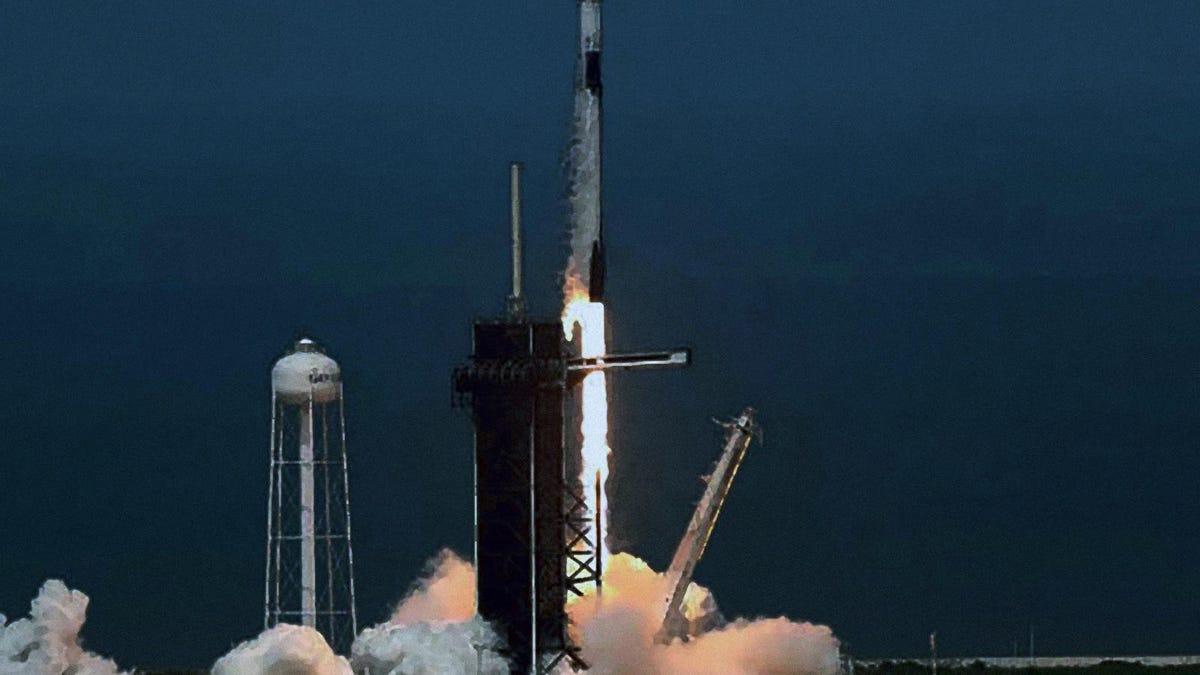Cursory Google search yields:
I'm not going to look into this for you any further. Nor am I going to engage your argument about Soyuz v. Dragon costs beyond saying that I would require more than your opinion. Besides, we're way off topic.
I'm not going to read 60 pages but I skimmed and found some minor certifications things, and they don't look quite related with software design and certification; however they can do wherever they want, but yet the fact they compare space with aviation already tell a lot of about them.
An argument about behind the scenes costs is irrelevant, there is only two really relevant points from the client point of view:
- how much it will cost to err.. put the satellite in orbit;
- the risks involved. What are the chances of the product not getting in there or be destroyed for some reason?
And SpaceX have both playing hard against them, except because they are heavily[1] dumping the price, and of course available political pression running behind the scenes. Also, I'm quite sure NASA have quite good reasons to keep purchasing seats on Soyuz as backup, when they have the brand new SpaceX stuff to dispose.
[EDIT]
One thing common to
all heavy industries is the labor cost playing a pretty heavy hole in the costs sheet, often begin responsible for +50% of the total cost. Raw materials usually don't get even close of what people think it is in the total cost.
Labor in US is very expensive, in Europe even more, while in Russia labor cost is just a fraction of those. There is little to no possibility of SpaceX to be able to build a spaceship in USA (specially a considerably more complicated one) cheaper than the Russians unless with heavy subsidies.
There are very good reasons for Boeing, Airbus[2] and almost every other major aircraft producer to build the most complicated and expensive parts (specially the wings) of their products in Russia.
[EDIT]
If you are thinking about the reusable stuff, yes it can play a hole but first of all there is something called "fatigue crack", heavy limiting the amount of times the part can be reused and rather increasing the maintenance cost, since that part mandatory needs to pass thought a very detailed inspection (made by heavy specialized and expensive professional) every time it is used.
Also, the reusable part need to be rescued later, and this is supposed to happen at the sea... do you known how much it cost to fill the tank of a large ship? Easily $1M USD, the whole rescue operation should probably cost not less than $3M USD but in practice more like $5M USD (I in fact believe this is actually more because the service providers would charge a lot of more than the usual for this purpose).
Put all this extra cost together to rescue something you have no guarantee you will actually be able to reuse, and this whole reusable thing start to not look so great.
[1] and this is not my opinion, but a well know fact.
[2] Airbus also build in other places since they follow a more distributed strategy, and also more aircraft than the others.


